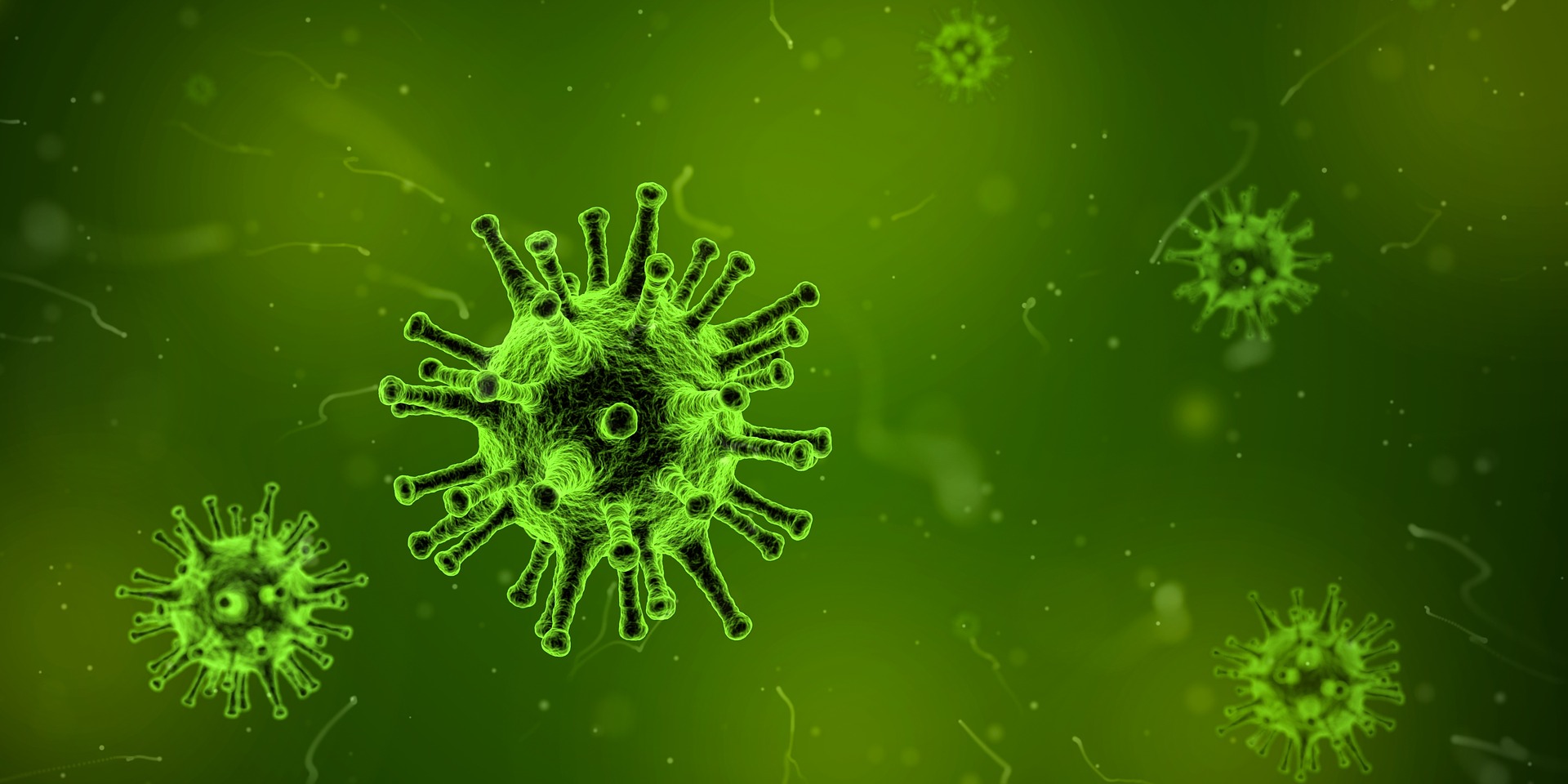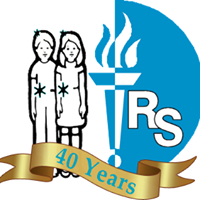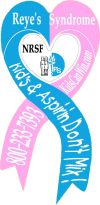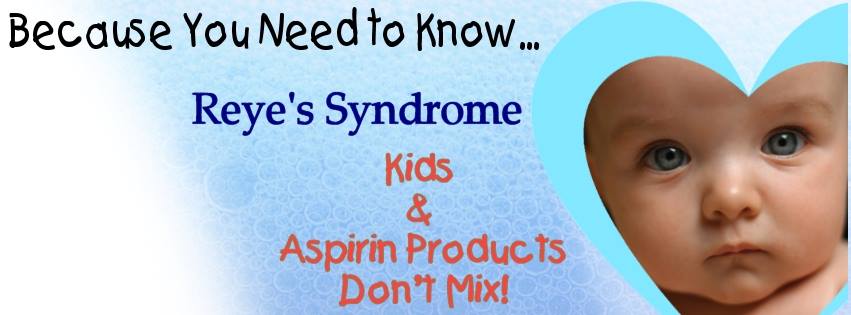
Wimbledon 2020 Cancelled
It is almost that time of the year when people would go watch a sporting

 September is Reye’s Syndrome Awareness Month. It’s time for The Bamboo Pillow to send out this alert to parents and guardians everywhere. Thanks to the National Reye’s Syndrome Foundation, there are now ample resources to learn about this disease and take steps to prevent it.
September is Reye’s Syndrome Awareness Month. It’s time for The Bamboo Pillow to send out this alert to parents and guardians everywhere. Thanks to the National Reye’s Syndrome Foundation, there are now ample resources to learn about this disease and take steps to prevent it.
Reye’s Syndrome is a very serious disease that can affect children, teenagers and adults alike. Give your loved ones the extra protection that they need to stay strong and healthy against this deadly condition.
Though the instances of Reye’s have been greatly reduced by the foundation’s advocacy since the early 1970’s, there is no doubt that Reye’s Syndrome is still a very present danger. It hits without warning and acts swiftly. It attacks all the organs of the body, affecting the brain and liver most of all. The chances of getting Reye’s are high without prevention, and the survival rate is low without early detection.
Reye’s can be difficult to diagnose because it has symptoms common with other ailments. It is also not well-recognized and is often mistaken by emergency and primary caregivers alike for a variety of other conditions like meningitis, encephalitis, diabetes, Sudden Infant Death Syndrome, poisoning, and even psychiatric illness, drug overdose, and head trauma.
 Researchers are still unsure about what really causes Reye’s. They do know, however, that aspirin and other salicylate that contain medications, over the counter products, and topical use products play a big part in its development.
Researchers are still unsure about what really causes Reye’s. They do know, however, that aspirin and other salicylate that contain medications, over the counter products, and topical use products play a big part in its development.
People recovering from a viral infection – the flu, chicken pox, or even a simple cold – are at risk for Reye’s Syndrome. And we all know how children are particularly susceptible to these types of infections.
In the past, aspirin was a common treatment for such illnesses to lower fevers and relieve pain. There was even a version made specifically for children until a few decades ago. Little did science know, it was causing multiple deaths all over the world. Aspirin and similar medications are a key factor in Reye’s, and are still given to children against medical advice in many countries.

Photo Source: National Reye’s Foundation Facebook Page
Reye’s Syndrome usually develops when a person begins to recover from a viral illness. Parents and caregivers can easily misunderstand the symptoms that they see – for instance, a foul mood after being sick and confined for some time, a relapse of the infection. It is essential to know the symptoms of Reye’s so that early detection and treatment can happen to save a child’s life.
Consult your primary physician and specifically ask that Reye’s be ruled out if your child has had a recent viral infection and is:
Instead of vomiting In infants, look out for:
In a later stage, Reye’s causes irritable and aggressive behaviour. This progresses to confusion and/or disorientation and irrational and/or combative behaviour. In the final stage, sufferers can fall into delirium, convulsions, coma, and finally, death.
 A severe increase of pressure on the brain and abnormal accumulations of fat in the organs is the result of Reye’s Syndrome. Death is common and quick – usually within a few days, and in some cases, within a few hours – without proper early diagnosis and treatment.
A severe increase of pressure on the brain and abnormal accumulations of fat in the organs is the result of Reye’s Syndrome. Death is common and quick – usually within a few days, and in some cases, within a few hours – without proper early diagnosis and treatment.
Our children and wards are just getting back into school now. This is a time when they are going to be exposed to a multitude of viruses. It may not be a new environment, but they’ve been out of it for a time, and other children and staff can be bringing new viruses into it from their travels.
You may be thinking that flu season doesn’t start until January, so it’s too early to worry. There are many other viruses that can attack in the interim, however. Cases of Reye’s Syndrome are reported throughout the year. It’s too risky to ignore.
It’s important to give your loved ones extra protection against these viruses, and in so doing, protect them from deadly Reye’s Syndrome.
In addition, download and keep this caregiver / babysitter handout available as a quick reference so that anyone looking after a sick child will know what to look for and what to do in case symptoms appear.

It is almost that time of the year when people would go watch a sporting

Queen Elizabeth II has two birthdays to celebrate: her actual birthday on 21 April and

The first of May is celebrated by many countries around the world as Labour Day